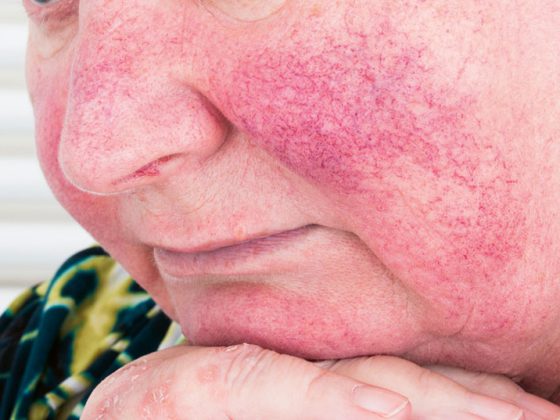The National Coordination of Rare Diseases (kosek) has recognized three new Swiss centers for the evaluation of patients with unclear diagnoses and complex courses in 2021. Referrals are made by attending physicians, and the cost bearers are usually the statutory health insurance funds. Patients for whom previous clarifications were not successful should thus be provided with interdisciplinary clarification options within a networked structure and, in the best case, have access to diagnosis-specific personalized treatment.
In total, Switzerland currently has nine centers for rare diseases and is covered geographically and linguistically (box) [1,2]. Dr. Jean-Blaise Wasserfallen, President of kosek, is pleased that the creation of these centers has improved care for sufferers throughout Switzerland. “We are convinced that in the future, rare disease centers will be important regional focal points for affected individuals and professionals, helping to raise awareness among all stakeholders of the difficulties faced by those affected by rare diseases and to further improve their treatment.” These facilities are interdisciplinary points of contact to which physicians of patients with unclear diagnoses and complex disease processes can turn for in-depth clarifications [1,3].
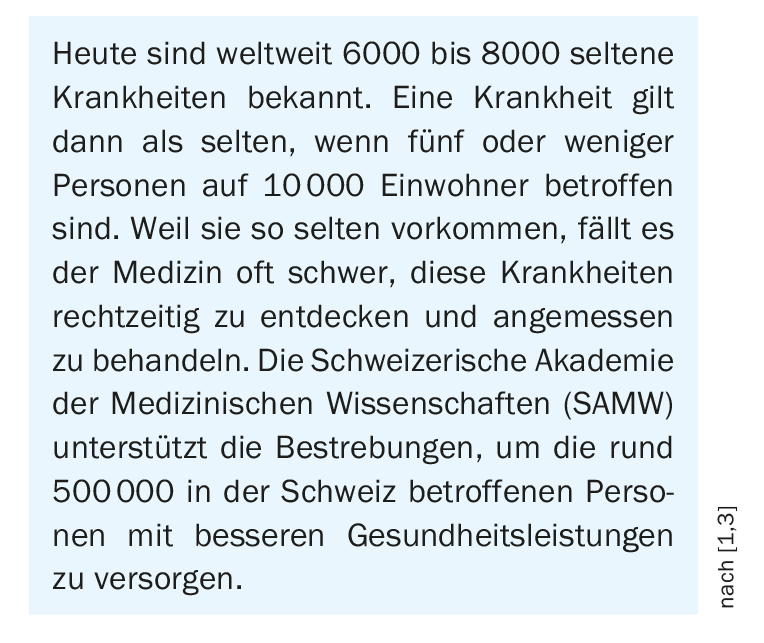
Closing gaps in supply
Individuals with rare diseases often take a long time to receive a diagnosis for their complex conditions. This usually involves a large number of clarifications with different doctors, while their physical ailments are often classified as psychological. Such diagnostic odysseys put a great deal of stress on those affected and can also lead to incorrect treatments. Therefore, in order to improve care for those affected by rare diseases, shortening the time to diagnosis is extremely important. To this end, six rare disease centers offering specialized diagnostic assessments were recognized in Switzerland in 2020. To ensure coverage of all parts and languages of the country, the cosec granted recognition to three additional rare disease centers in May 2021 (Overview 1) [3].
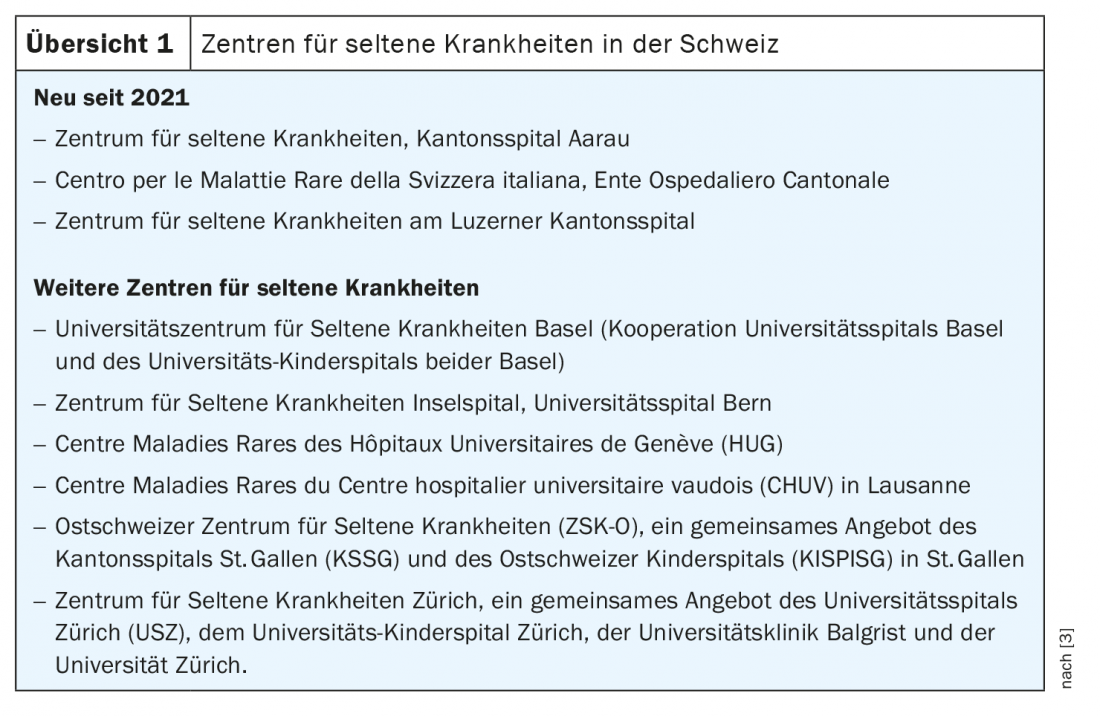
kosek focuses on the development of services that, on the one hand, facilitate the diagnosis of rare diseases and, on the other hand, close existing gaps in care (box) [3]. As a coordination platform, it implements projects in collaboration with healthcare stakeholders and involves stakeholders through their patient organizations. The Swiss Academy of Medical Sciences (SAMS) is a founding member of kosek.
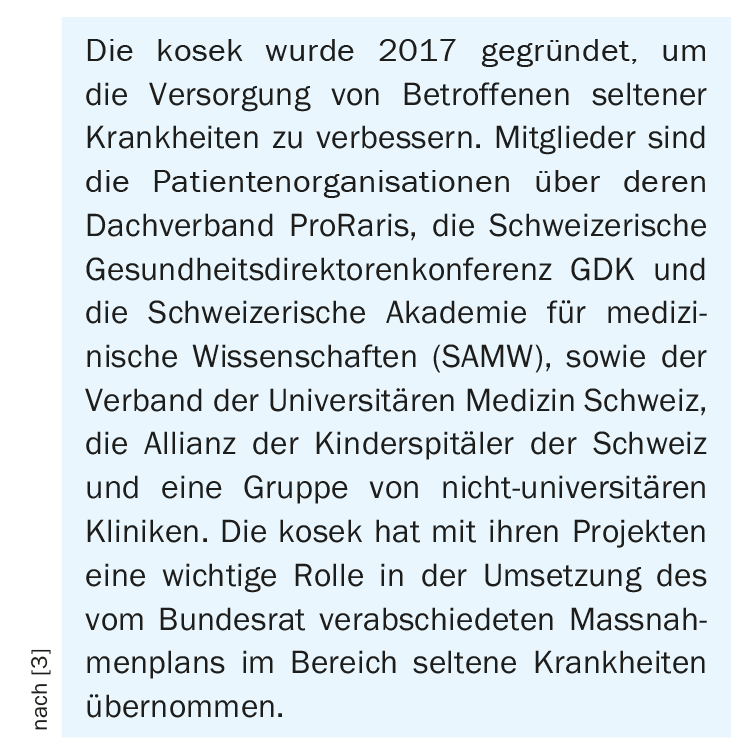
Bundling interdisciplinary expertise and making it accessible
For Martin Knoblauch, board member of ProRaris, the alliance of patient organizations for rare diseases, it is precisely the bundling of know-how and the networking of the facilities that is extremely valuable: “The knowledge available at the centers for rare diseases is of great benefit to those affected and their relatives. The centers not only speed up diagnosis, but with their regional and national networking, they can also connect patients with competent providers for treatment as well as the right counseling centers. This means great support for those affected.” [3]. The centers are networked with each other and coordinate the cooperation between different clinics, specialist institutes and hospitals. At the same time, the centers also provide information (e.g. by means of a helpline), organize internal hospital training and participate in research. Recognition by kosek certifies that the centers meet the quality criteria for such services and thus comply with national and international requirements for specialized services for rare diseases. The centers also collaborate within the framework of kosek to further develop services for the benefit of those affected (such as referrals to specialists, patient pathways, etc.).
Example Basel: Consultation hours for adults without diagnosis
The consultation for adults without a diagnosis at the University Center for Rare Diseases of the University Hospital Basel is an interdisciplinary service [4]. Referrals are not possible by the patients themselves, but exclusively by the treating physicians. The following documents must be submitted for assignment:
Concise summary of the objectifiable pathological findings as well as the comprehensive preliminary clarifications (incl. presentation at a university center) with a list of the somatic and psychological diagnoses made to date as well as a list of the previous clarifications and treatments. Initially, no individual findings are desired, but only a complete summary in which the individual clarifications are clearly presented. In addition, a written declaration of consent from the patient is mandatory.
These documents may be sent to: rarediseasesbasel@ukbb.ch. Depending on the assessment of the documents provided in this way, the physician receives a recommendation for the further procedure and any clarification steps.

From the time of registration, costs are incurred which are generally covered by the statutory health insurance funds. This also applies in the event that, after detailed study of the file, it is determined that a personal presentation in the consultation hour is not advisable. Due to the large number of requests, it can take several months before a response is received. Contacting us by telephone will not result in expedited processing. Each request is treated equally; internally, a weighting is applied according to urgency.
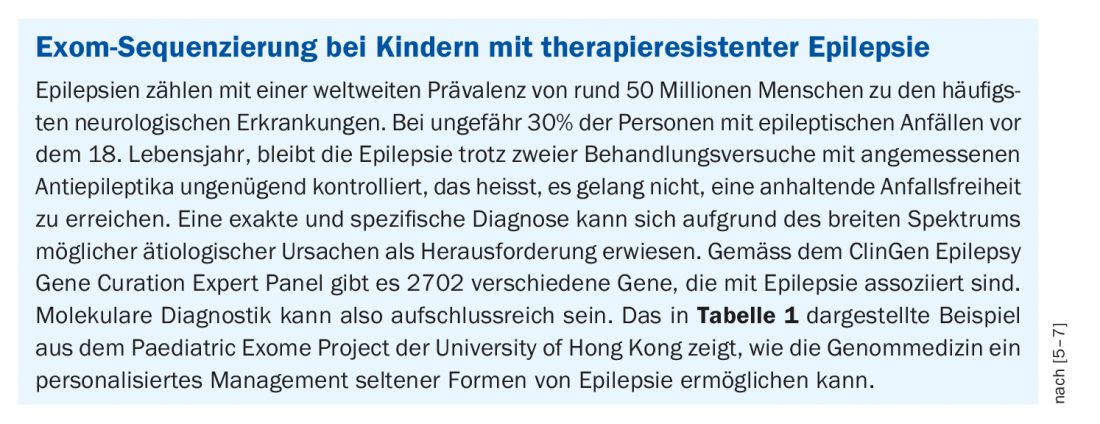
National Concept Rare Diseases
The Federal Council adopted the “National Concept for Rare Diseases” in 2014. Networked treatment services and reference centers should help to improve the situation of those affected [1]. A primary goal is to offer professional support to patients as well as their relatives and the health professionals involved thanks to these structures and to provide know-how about rare diseases. SAMS has proposed that the provisions of the national approach be implemented at two levels. The first consists of care networks of providers and specific reference centers for various diseases. If this treatment offer is not sufficient or if there are gaps, the second level with “platforms for rare diseases” ensures the function of interdisciplinary contact points in case of uncertain diagnosis, the coordination of treatments and specialists as well as the transfer of information. The original plan was to complete the implementation of the National Concept for Rare Diseases by the end of 2017 [8]. Since the second half of 2017, the newly established National Coordination Rare Diseases (kosek) has taken the lead. To fulfill the Federal Council’s mandate, the FOPH is monitoring measures that have not yet been completed until the end of 2022. In February 2021, the report “Legal basis and financial framework to ensure care in the field of rare diseases” was published [8]. This can be downloaded free of charge from the FOPH website.
Literature:
- SAMS: Rare Diseases, www.samw.ch/de/Projekte/Uebersicht-der-Projekte/Seltene-Krankheiten.html (last accessed 31.03.2022).
- kosek: National Coordination Rare Diseases, www.kosekschweiz.ch (last accessed 03/31/2022).
- “Recognitions for 3 new rare disease centers,” kosek, 02.06.21.
- University Hospital Basel, www.unispital-basel.ch/ueber-uns/departemente/akutmedizin/kliniken/medizinische-poliklinik/patienten-besucher/sprechstunde-erwachsene-ohne-diagnose (last accessed 31.03.2022)
- Helbig I, et al: The ClinGen Epilepsy Gene Curation Expert Panel – bridging the divide between clinical domain knowledge and formal gene curation criteria. Hum Mutat 2018; 39: 1476-1484.
- Chung BHY, Chau JFT, Wong GKS: Rare versus common diseases: a false dichotomy in precision medicine. npj Genom Med 2021: 6: 19, https://doi.org/10.1038/s41525-021-00176-x
- Tsang MH-Y, et al: Exome sequencing identifies molecular diagnosis in children with drug-resistant epilepsy. Epilepsia Open 2019; 4: 63-72.
- BAG: www.bag.admin.ch/bag/de/home/strategie-und-politik/politische-auftraege-und-aktionsplaene/nationales-konzept-seltene-krankheiten.html (last accessed 31.03.2022)
HAUSARZT PRAXIS 2022; 17(4): 43-44


